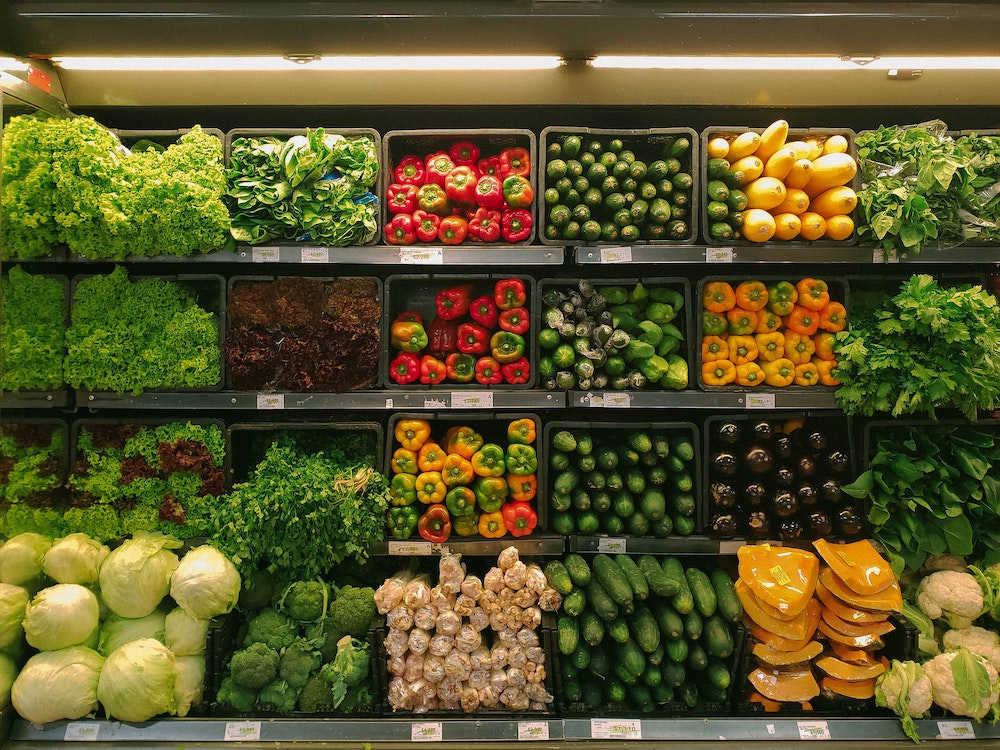Pros And Cons Of Fresh, Canned, And Frozen Produce
Fresh, canned, and frozen produce all provide essential nutrients, but fresh produce is free of any preservatives, frozen produce is great for eating fruits and veggies when they are out of season, while canned produce has a conveniently long shelf life.
This article is more than 2 years old

In this day and age, it’s tough to have a nutritious diet. It’s hard to eat fresh produce and know what you should buy. On top of that, fresh produce is getting more expensive, just like all other groceries. As inflation continues to plague the U.S., produce, both fresh, canned, and frozen will have prices that could be out of reach. So, which type of fruits and veggies should you choose? The answer is basically, any.
According to U.S. News, there are pros and cons to all forms of produce. But, experts say that as long as you get the nutrients that only produce can give you, then all forms are acceptable. And if you want to save money and still get the nutrients, frozen produce can be a great option.
Fresh produce is a great choice because there are no additives like preservatives. In addition, no prep is needed and you can just grab an apple or a cucumber and you have a healthy snack to go. If you know some easy tricks to food prep, you can get away with having fresh produce a little bit longer.
On the other hand, canned or frozen produce can be just as good. For example, canned tomatoes are nutritious and have all the same benefits as fresh tomatoes. Frozen fruits and veggies are also great options because they offer convenience and often last longer than fresh produce. Plus, their nutritional content is often comparable to fresh produce in some cases.
Experts say, however, that entire frozen meals, may not be a good choice. Although frozen dinners tend to last a long time, they are filled with preservatives like salt and nitrates. So, when it comes to eating healthier, frozen dinners should be avoided.
Overall, having a variety of produce types on hand is the key to maintaining a healthy diet. With the right mix of fresh and preserved fruits and vegetables, you can make sure you get enough nutrition without compromising on taste or convenience. With that in mind, it’s important to keep an eye on expiration dates and make sure you rotate your produce often so that everything stays fresh.
When shopping for produce, it’s important to buy what’s in season. In-season fruits and vegetables are often the freshest and healthiest, as they haven’t been picked before they have had time to fully ripen. This means that they contain higher levels of vitamins and minerals than their out-of-season counterparts.
Additionally, buying in-season produce is often more cost-effective, as farmers don’t have to use energy-intensive methods such as forced ripening or artificial lighting.
It’s also important to consider the source of your produce when making decisions about what to buy. Locally sourced and organic fruits and vegetables are typically fresher and healthier than those that traveled a great deal.
So, no matter your choice of produce, whether fresh, frozen, or even dried, just be sure to get your vitamins and minerals. Although eating in-season produce will benefit both your pocketbook and your health.
Making informed decisions about what to buy can help support local farmers, reduce our environmental impact, and lead to a healthier lifestyle. Don’t forget that the seasonality of food is an important part of healthy eating.




